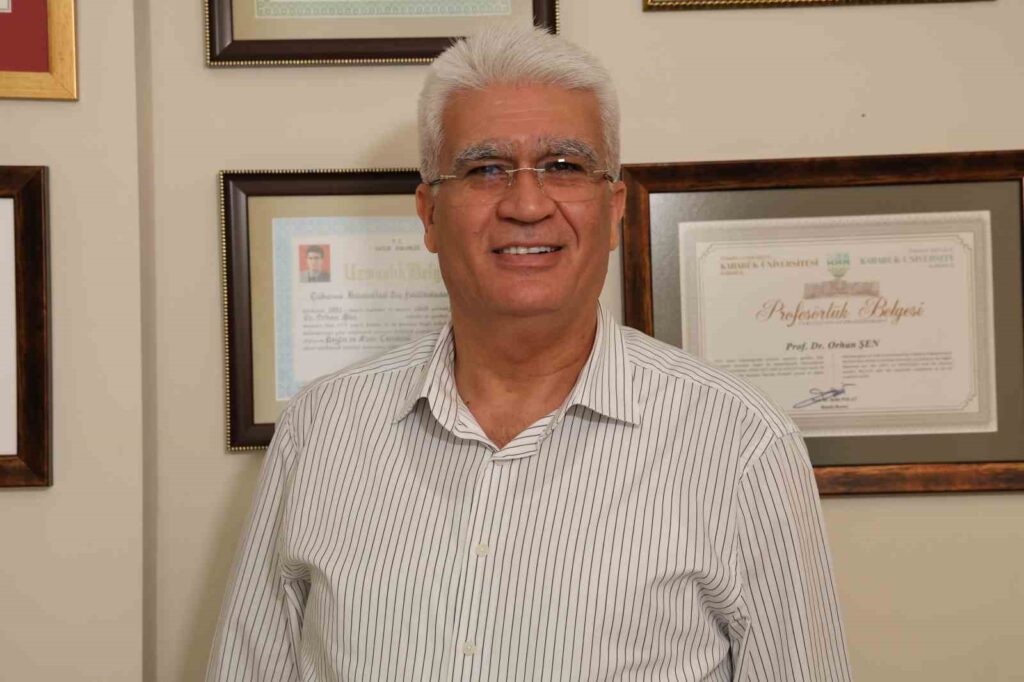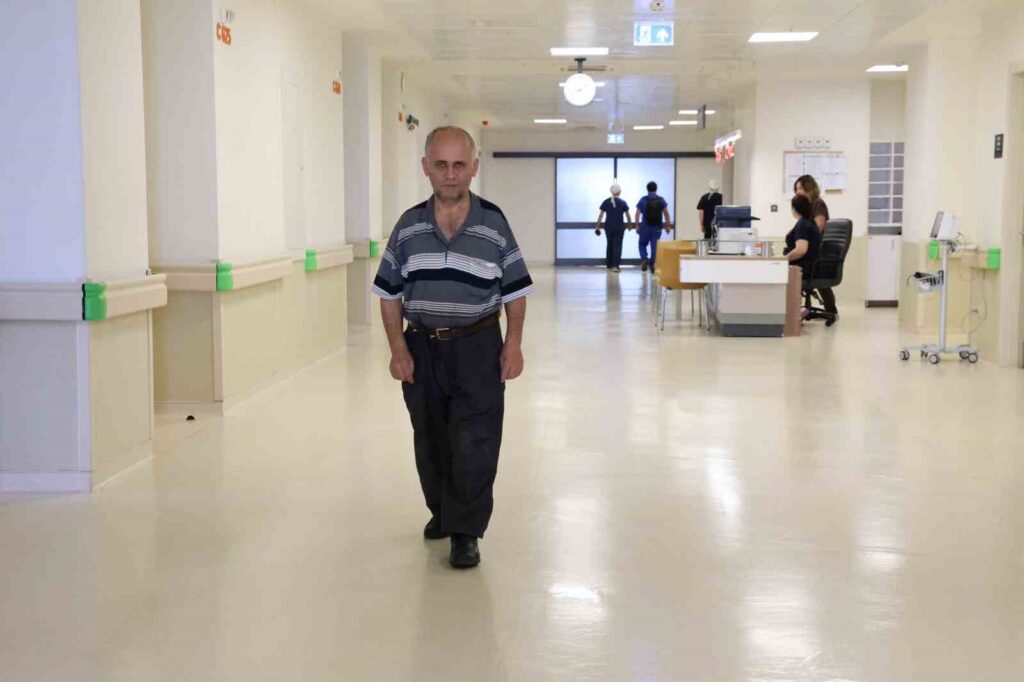A hernia symptom could be a rheumatic disease.
Professor Dr. Orhan Şen, a specialist in Brain, Nerve, and Spine Surgery, stated that the symptoms of herniation could be related to ‘SAPHO Syndrome’ observed in rheumatic patients. Şen noted that ‘SAPHO Syndrome’ is seen in individuals exhibiting herniation symptoms, and this is also related to rheumatism …

Professor Dr. Orhan Şen, a specialist in Neurosurgery, noted that the symptoms of herniation may be indicative of ‘Sapho Syndrome’ seen in patients with rheumatism.
Şen stated that ‘Sapho Syndrome’ is observed in individuals showing herniation symptoms, and it could be a rheumatic disease. He said, “The Sapho Syndrome seen in rheumatism patients is associated with the entrapment neuropathies we refer to as Carpal Tunnel Syndrome, Cubital Tunnel Syndrome, or Tarsal Tunnel Syndrome. In individuals with rheumatic diseases, narrowing occurs in the channels and pathways due to problems in bone structure. As a result of this narrowing, if there is nerve compression in your wrist, it can cause pain that wakes you from sleep at night. Therefore, they have to shake their hands. If there is entrapment at the elbow level, which we call Cubital Tunnel, pain, numbness, and consequent loss of strength can occur in the fingers,” he said.
“Herniation symptoms may be rheumatic disease”
In a case referred to as Sapho Syndrome, a patient had undergone local surgery on their left wrist and then had operations on their right wrist and elbow a few years later. The reason for their visit was that they said, ‘I wake up in the morning bent over and have back pain when sitting up or down.’ They did not mention the surgeries on their hand and wrist at all. While examining the patient, upon seeing their wrist, I immediately looked at their elbows and saw the surgical scars. When I asked the patient, they described this clinical picture. I explained that the pain in the back was not related to herniation, but that it was indeed Sapho Syndrome and that it should definitely be evaluated by a rheumatology specialist. I discussed the case with my rheumatology specialist friend. The patient went to the rheumatology specialist, and the diagnosis turned out to be a rheumatic disease. At least we have now controlled the rheumatic diseases going forward. The patient expressed regret that they hadn’t come earlier and undergone so many surgeries. Additionally, over time, entrapment neuropathies occur at the knee and ankle levels. At least we can get rid of these and prevent complications related to rheumatism.







